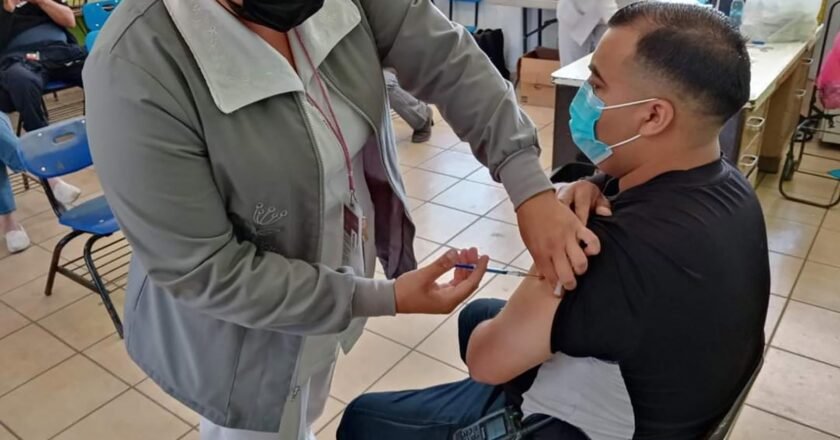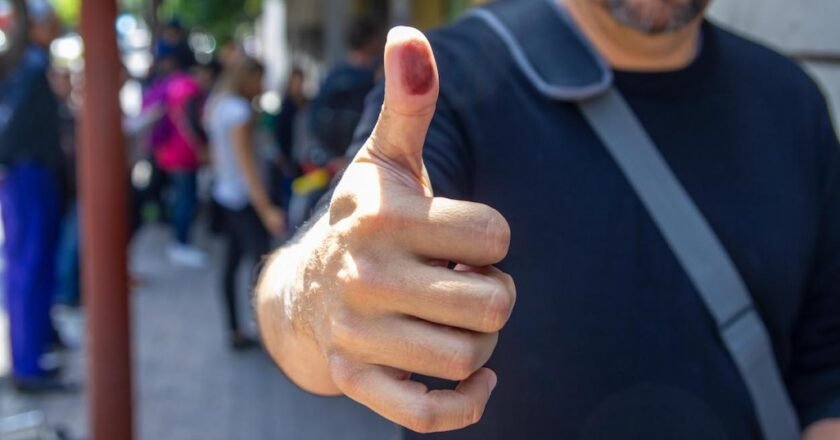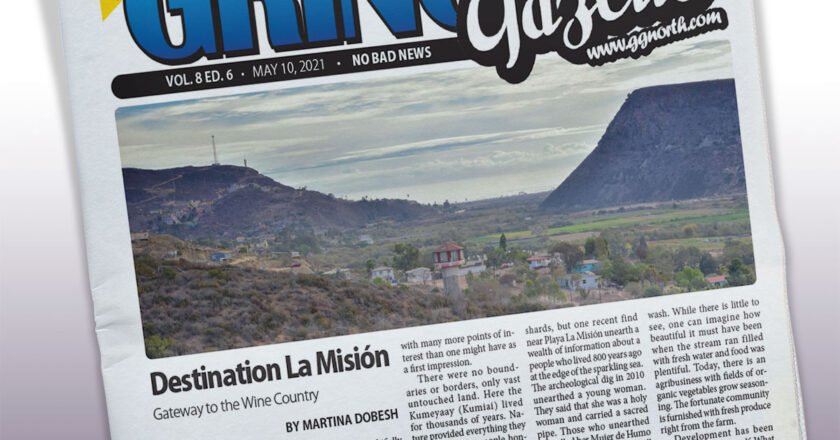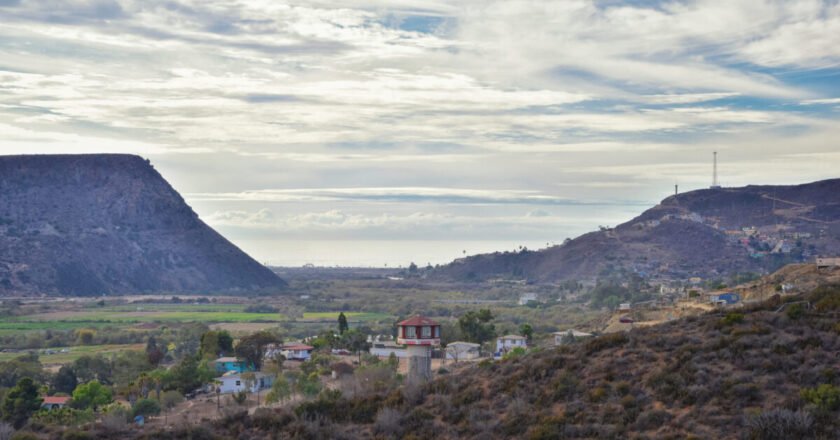


The Ensenada wineries association, PROVINO A.C., is offering a virtual cooking class with wine and ingredients included this coming Friday, …

More than 400 police officers from Ensenada got a chance to get their COVID-19 vaccine, after they were called in …

BY THE DAVEY TREE COMPANY According to the National Association of Realtors (NAR), in 2020, 52 percent of buyers 30 …

BY RICK GORDON Pastor Rick Gordon and his wife, Paloma Palacios, of Los Cabos, created this Bill of Rights pledge …

How do you celebrate Mother’s Day? Día de la Madre is coming up soon, and not many people know where …

If the elections for governor of Baja where today, who would you vote for?

BY RICARDO GARCIA CHAVEZ First point, closest to the Airport. In planning holidays, we chose a point where we could …


BY MARTINA DOBESH 10,000 years ago, the first people walked along this coastal area, now known as Baja California. Before …